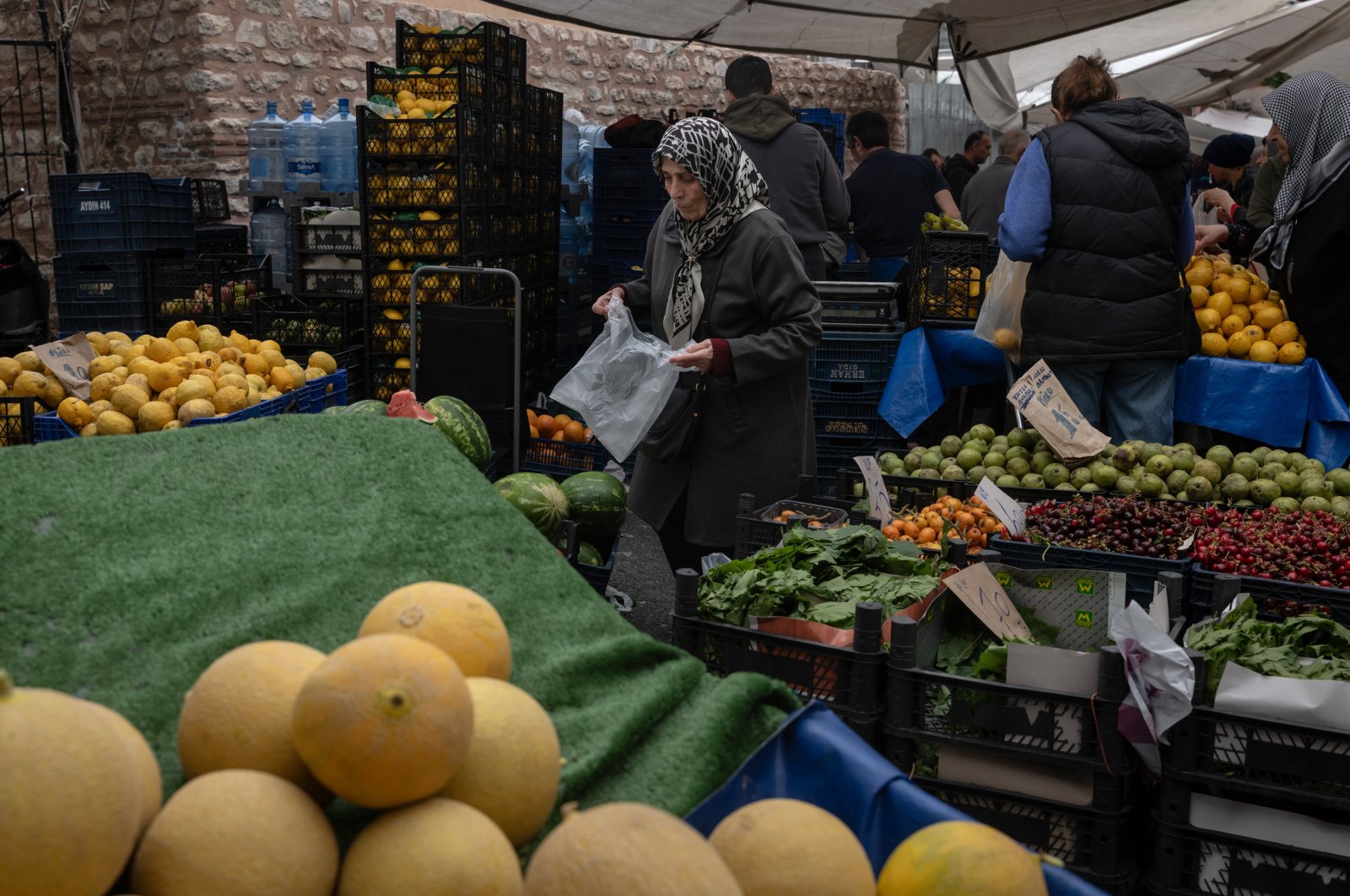Environment and Urban Planning Minister Mehmet Özhaseki stated that the implementation of charging for plastic bags has prevented the formation of more than 1 million tons of plastic waste, saying: “Approximately TL 7 billion ($216.11 million) has been saved with the implementation, and 41,881 tons of greenhouse gas emissions have been prevented.”
Özhaseki, speaking to Anadolu Agency (AA), explained the efforts Türkiye has made in the field of the environment over the past 22 years.
Highlighting the significant steps taken in combating climate change and green transformation since 2002, Özhaseki emphasized that they have become a party to the Paris Climate Agreement to combat climate change and announced the 2053 Net Zero Emission target.
“We have outlined our green transformation goal with all of these. We have carried out greenhouse gas emission projections for our country and submitted our 2030 National Contribution Statement to the United Nations Secretariat,” he said.
Özhaseki stated that they will soon present to Parliament the draft Climate Law prepared for the 2053 Net Zero Emission Target and Green Transformation.
Indicating that they have increased Türkiye’s green assets with the number of protected areas and ecological corridors established, Özhaseki continued his words: “While the number of protected areas was 6.3% in 2011, it reached 12.9% in 2024. Our goal is to reach 30% by 2030. Additionally, during the AK Party governments, we have reunited more than 7 billion trees with the soil. By reaching our goal of reducing annual soil losses to below 130 million tons and lowering soil losses to annual levels of 113 million tons, we are adding new carbon sink areas to mitigate the adverse effects of climate change and increase our country’s carbon stock. Our aim is to create 3.5 million square meters of new carbon sink areas within this year. In the fight against climate change and within the scope of our 2053 Net Zero Emission target, we continue our efforts in 75.89 million square meters of area in all 81 provinces, aiming to bring 100 million square meters of national gardens to our country.”
‘Wastewater for reuse’
Minister Özhaseki stated that more than 3 million homes have been produced in a zero waste-compliant and climate-friendly manner through social housing and urban transformation efforts over the past 20 years. He also mentioned that within the Air Quality Improvement Program, they have ensured emission reduction by converting 6,000 homes to clean fuel for heating in city centers.
Özhaseki expressed that they show the same sensitivity in the transformation of ongoing construction projects, and they have built 1,671 kilometers of bicycle paths and 420 kilometers of green walking paths nationwide.
Özhaseki also emphasized their cooperation with local governments in environmental matters.
“In order to protect the environment, improve it, and enable living in a cleaner environment, we have provided local governments with cash support worth TL 50 billion for environmental investments. So far, we have covered half of the energy costs of wastewater treatment plants. We supported local governments worth TL 7.7 billion for wastewater treatment plants. We are also reintroducing wastewater for reuse. As of 2024, we have increased the reuse rate of treated wastewater to 5.3%. Our goal is to increase the reuse rate of wastewater to 11% by 2028 and to 15% by 2030,” he said.
Özhaseki highlighted Türkiye’s progress in coastal management, resulting in 567 Blue Flag beaches, ranking third globally, with ambitions to secure the top spot. He also mentioned the “NEFES” program for real-time monitoring of environmental factors, increased air quality stations to 380, and the Türkiye Carbon Market Development Project in collaboration with the World Bank, aiming for zero emissions by 2030 through initiatives like the Emission Trading System. He also noted the success of charging for plastic bags, preventing over 1 million tons of plastic waste formation, saving TL 7 billion and reducing 41,881 tons of greenhouse gas emissions.
Özhaseki recalled that within the scope of the Zero Waste Project under the auspices of first lady Emine Erdoğan, they have implemented the zero waste management system in 188,000 buildings to date and increased the recycling rate to 35% by 2023, aiming to raise this rate to 60% by 2035.
He mentioned that they have increased the monitoring points in the Marmara Sea to 150, and have put all treatment plants in the Marmara Region with a capacity of 1,000 cubic meters and above with 24/7 online monitoring.
Özhaseki also reiterated that environmental education and climate change lessons have been included in the curriculum for middle schools, and they provide environmental inspector training to create environmental sensitivity and increase awareness among children.
Minister Özhaseki emphasized that an “ENVIFEST” with the theme “We all have one world” will be held in Başkent Millet Bahçesi in Ankara on Thursday, inviting all citizens to the festival.

